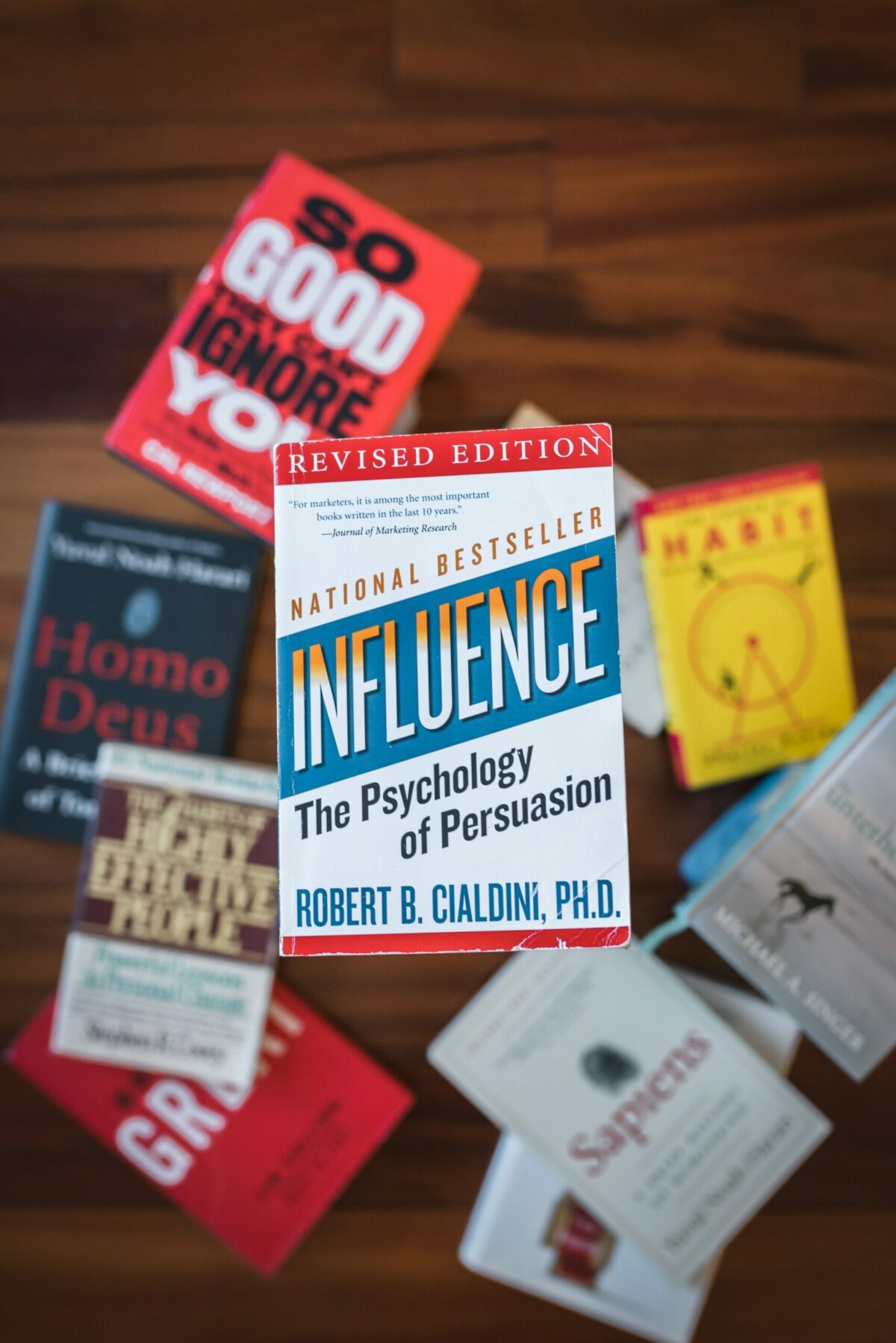
March 30, 2023
5 Ways To Be More Persuasive!
SHARE
We all have wants and needs, dreams and desires, and hopes. Sometimes we can achieve them on our own, but we often need the help of others, which requires the fine art of friendly persuasion.
People tend to like helping nice, friendly people – people who are caring, selfless, and trustworthy. Those traits can win over the most difficult, reluctant people.
Since there’s an art to honing the friendly powers of persuasion, here are five ways to start being more persuasive today. But remember, persuasion isn’t about being selfish or manipulating people; we shouldn’t exploit or abuse this power to meet our selfish needs.
Be Confident
Believe in what you want and why you want it, and be confident that you deserve it. Let the reasons why you want it to be uplifting.
Believing in what you want and being confident you deserve it makes the person you’re asking feel confident and subconsciously influences them to give you what you want.
According to a study by the University of Leicester, “the single significant behavioral difference between persuaders and persuadees was in the expression of confidence.”
Your ability to persuade others starts with your level of confidence. The more confident you are, the more persuasive your appeal is.
How can you be more confident? Choose to act more confident. Take a deep breath, smile, be helpful and agreeable, and show them what you’ve got!
Just ensure you’re not arrogant, and don’t be pushy because you’ll come across as entitled or cocky, which are big turn-offs.
Have Logical Reasons
Although many people are persuaded by their feelings, most use logic to support their decisions.
Suppose you want a co-worker to help with a project or to get caught up with a pile of work. Initially, they’ll resist you and say they’re too busy with their own stuff.
Explain why they’re the best person to help you, which is why you’re asking. And then mention that by working together, you’ll both finish your work faster, making the boss and the company happy.
Words Matter
It makes sense that some words are more persuasive than others, and those are the ones you want to use.
For example, ‘reasonable’ sounds so much better than ‘okay,’ and a ‘lucrative’ deal is much better than saying, “it’s a good deal.”
You don’t have to memorize a list of “persuasive words.” Just be mindful that words matter; some are more influential than others.
Think about what you want to say, and then choose words that communicate the heart and spirit of your message.
You’ll be a more skillful communicator and sound more intelligent, confident, and coherent —all of which make you more trustworthy and, ultimately, more influential; it’s called the power of rhetoric.
Point Out How The Other Person Will Benefit
People gravitate towards friendly people who seek win-win situations because everyone always asks, “What’s in it for me?”
Let’s say you have to move and want your friends to help, but you know that no one likes the headache and hassle of moving; it’s a pain and a lot of work.
But, if you tell them you’ll be giving a lot of your stuff away, they might be more inclined to help you. Or tell them you don’t expect them to do it for free – that dinner is one you at their favorite restaurant.
Make it a win-win. Don’t just take; give back.
Find Something To Affirm Or Compliment
Some people flatter people to get what they want. So be careful with this tactic because it can make you seem manipulative.
Find something about them or their work that you can compliment or affirm. Remember, this isn’t a bribe.
Give them sincere, appropriate compliments that build them up and boost their self-confidence; make them feel good about themselves. When they see your heart, they’ll listen, and consider what you’re asking.
Treating others how you want to be treated is a good rule to remember when persuading someone to do what you want. Be confident, have good reasons, choose your words carefully, emphasize how they will benefit from this partnership, and build them up because when you do all of these things, people will naturally want to help you because they can see that you’re a good person who gives back.
